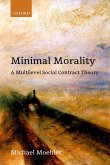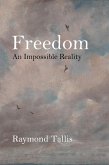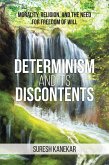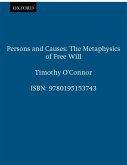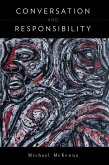In this book, Christopher Evan Franklin develops and defends a novel version of event-causal libertarianism. This view is a combination of libertarianism--the view that humans sometimes act freely and that those actions are the causal upshots of nondeterministic processes--and agency reductionism--the view that the causal role of the agent in exercises of free will is exhausted by the causal role of mental states and events (e.g., desires and beliefs) involving the agent. Franklin boldly counteracts a dominant theory that has similar aims, put forth by well-known philosopher Robert Kane. Many philosophers contend that event-causal libertarians have no advantage over compatibilists when it comes to securing a distinctively valuable kind of freedom and responsibility. To Franklin, this position is mistaken. Assuming agency reductionism is true, event-causal libertarians need only adopt the most plausible compatibilist theory and add indeterminism at the proper juncture in the genesis of human action. The result is minimal event-causal libertarianism: a model of free will with the metaphysical simplicity of compatibilism and the intuitive power of libertarianism. And yet a worry remains: toward the end of the book, Franklin reconsiders his assumption of agency reductionism, arguing that this picture faces a hitherto unsolved problem. This problem, however, has nothing to do with indeterminism or determinism, or even libertarianism or compatibilism, but with how to understand the nature of the self and its role in the genesis of action. Crucially, if this problem proves unsolvable, then not only is event-causal libertarianism untenable, so also is event-causal compatibilism.
Dieser Download kann aus rechtlichen Gründen nur mit Rechnungsadresse in A, B, BG, CY, CZ, D, DK, EW, E, FIN, F, GR, HR, H, IRL, I, LT, L, LR, M, NL, PL, P, R, S, SLO, SK ausgeliefert werden.



